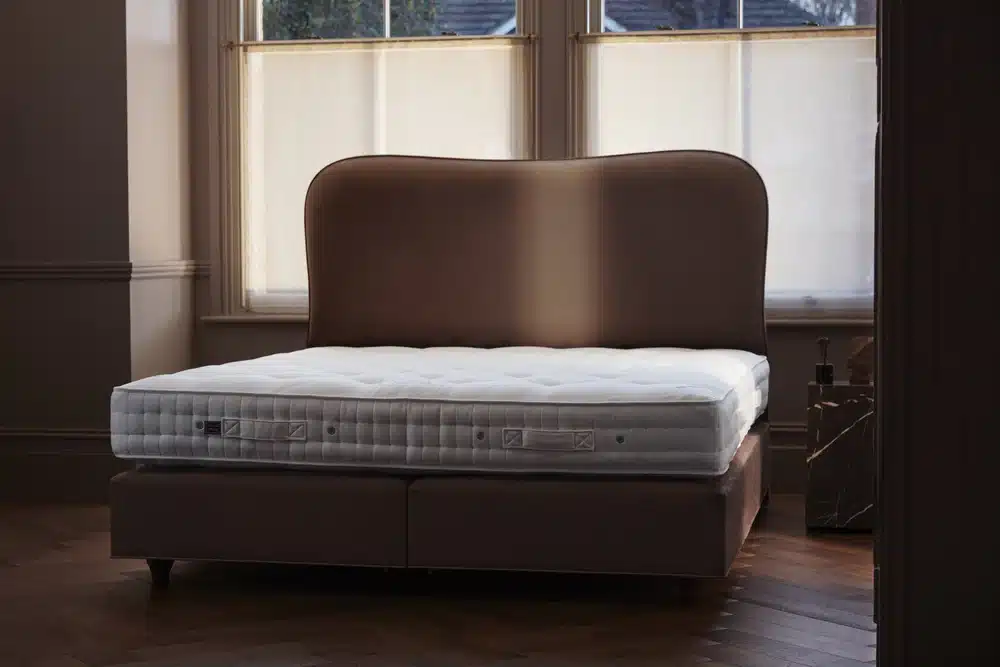How to Improve Sleep Quality by Exercising at the Best Time
Timing Exercise for Better Sleep Quality
Improving your sleep quality can be significantly influenced by the timing of your exercise. Understanding the best time to exercise for sleep can lead to better rest and recovery. Here are three proven tips to help you optimize your routine:
1. Morning Exercise: Engaging in physical activity early in the day stimulates the release of melatonin, the hormone that regulates the sleep-wake cycle.
2. Afternoon Exercise: Working out in the afternoon can help stabilize your body temperature and evoke a natural sense of drowsiness as you prepare for sleep later in the evening.
3. Evening Exercise: Evening workouts, when timed correctly, can enhance the quality of your deep sleep, provided they are completed at least 90 minutes before bedtime.
Regular exercise plays a crucial role in good sleep hygiene, enhancing both the duration and quality of sleep. However, finding the optimal time to work out is not a one-size-fits-all solution; various factors such as your chronotype, age, and health conditions will impact the best time for you.
Understanding the Relationship Between Exercise and Sleep
The relationship between exercise and sleep is bidirectional, meaning they influence each other. Regular exercise tends to improve sleep quality, while inadequate sleep can hinder one’s motivation and energy levels, often leading to decreased physical activity during the day.
How does exercise specifically enhance sleep quality? Engaging in moderate to intense physical activity helps you:
– Fall asleep more quickly
– Decrease the time spent awake in bed
– Minimize daytime fatigue
Research indicates that college students who exercise during demanding exam periods report reduced stress levels alongside improved sleep quality. Similarly, older adults who remain physically active tend to enjoy better sleep experiences.
Exercise and Sleep Disorders
For individuals with sleep disorders, exercise can provide additional benefits. For instance, those suffering from obstructive sleep apnea (OSA) have been shown to experience relief through regular aerobic workouts. One study even indicated that exercise could alleviate OSA symptoms without significant weight loss.
However, occupations that require manual labor may not yield the same advantages, as physical strain can lead to discomfort and sleep disturbances. Long working hours often contribute to accumulated stress and fatigue, negatively affecting sleep.
Sleep Hygiene and Exercise
Good sleep hygiene incorporates habits that foster better sleep, and regular exercise forms a vital part of this routine. Here’s how exercise can enhance your sleep hygiene:
– Consistent Sleep Schedule: Regular physical activity helps stabilize your circadian rhythm, leading to improved sleep timing.
– Relaxing Bedtime Routine: Exercise reduces stress and anxiety levels, making it easier to unwind.
The Impact of Poor Sleep on Exercise
Just as exercise can enhance sleep quality, insufficient sleep can undermine your workout routine. Fatigue leads to lower energy levels, resulting in diminished physical activity. This creates a feedback loop where poor sleep contributes to inactivity, which in turn worsens sleep quality.
One significant study found that poor sleep negatively impacts next-day physical activity levels, emphasizing the importance of establishing both good sleep hygiene and a consistent exercise routine for optimal health.
Best Time to Exercise for Sleep
Morning Exercise Benefits
Exercising in the morning can dramatically enhance sleep quality. Morning workouts trigger early melatonin release, setting a healthy rhythm for your day. Additionally, sunlight exposure during morning exercise helps regulate your circadian rhythm, making it easier to fall asleep at night.
A study found that individuals who exercised outdoors in the morning reported improved sleep quality and increased alertness throughout the day. They experienced not only better sleep duration but also quicker transitions to sleep.
Afternoon Exercise Benefits
If mornings aren’t your best time, afternoon workouts offer distinct advantages too. Engaging in high-intensity activities in the afternoon can diminish levels of orexin, a neurotransmitter that promotes wakefulness. This decline in orexin can initiate feelings of drowsiness as bedtime approaches.
Moreover, afternoon workouts help regulate body temperature. The rise and subsequent cooling of your core temperature during exercise mimic the natural cooling process your body undergoes before sleep, facilitating quicker onset of rest.
Research shows that individuals who exercise in the afternoon enjoy significant improvements in both sleep onset and overall sleep quality.
Evening Exercise Benefits
Evening workouts can be effective, especially for those who consider themselves night owls. While many worry that working out late may disrupt sleep, recent studies indicate otherwise. Moderate-intensity exercise, performed no less than 90 minutes before bedtime, can actually improve sleep quality.
Evening workouts can extend the duration of slow-wave sleep, the restorative phase crucial for waking up energized. However, it’s essential to avoid vigorous exercise close to bedtime, as this can raise your core body temperature and leave you feeling too energized to sleep.
Individual Factors
The best time to work out for improved sleep is subjective and varies among individuals. Consider aspects like your chronotype (morning or evening), age, and health requirements when determining your ideal exercise timing.
The key is consistency. As exercise physiologist Bianca Spicer aptly puts it, “The ‘best time’ is when you can fit it into your schedule consistently.” Experiment with morning, afternoon, and evening workouts to find what feels best for you.
Conclusion
Understanding the intricate relationship between exercise and sleep opens the doors to better overall health. By incorporating regular physical activity into your routine, you can enhance your sleep quality, creating a positive feedback loop that encourages both restfulness and activity.
To optimize your sleep, pay attention to the timing and type of exercise you engage in. By aligning your exercise routine with your personal preferences and needs, you can reap the full benefits, ensuring that each night offers restorative sleep that prepares you for the day ahead. For further insights on optimizing your health and sleep, explore our expert resources.


















